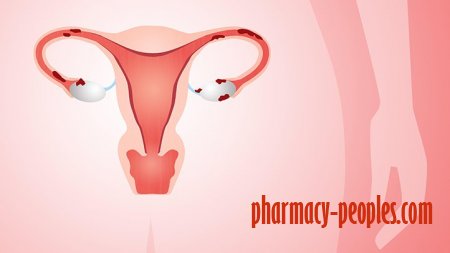Can certain foods help lessen the pain and other discomforts that women with endometriosis feel? Learn the latest thinking on this topic, and what healthy eating with endometriosis looks like.
There’s little agreement among doctors about whether food choices can help control the symptoms of endometriosis, a condition in which the tissue that normally lines the uterus instead grows outside the uterus.
A major review of 11 studies published in April 2013 in the journal Reproductive Biomedicine Online found the link between diet and endometriosis to be unclear. More research about this connection is needed, the authors say.
A study published in 2017 in the journal Ginekologia Polska points to no clear association, either, although the researchers do find evidence that endometriosis is less likely to develop in the first place in women who eat a lot of fruits and vegetables, fish oils, dairy products, and omega-3 fatty acids. Meanwhile, women who eat foods high in fat, trans-unsaturated fatty acids, alcohol, and beef (along with other red meats) seem to be at increased risk for getting endometriosis.
Supporters of a special endometriosis diet can be found, too. Among the most vocal is British nutritionist and author Dian Shepperson Mills, MA, director of the Endometriosis and Fertility Clinic in the United Kingdom and chair of the Endometriosis SHE Trust. Mills has spoken and written about food choices and endometriosis for years, and details her special endometriosis diet in her 2002 book co-authored with Michael Vernon, PhD, and called Endometriosis: A Key to Healing and Fertility through Nutrition.
Thousands of women have tried the diet, she says, which is designed to reduce inflammation and quiet down the immune system’s angry reaction to endometrial tissue that’s not in its normal place inside the uterus. She says the diet also improves the response to pain, and helps in removing extra estrogen (the female sex hormone) responsible for worsening symptoms. Not only pain but fertility improves, she says.
- Diet and Food / Health
- 15-03-2018, 23:17
- 1 627
- 0
- Pharmatic

